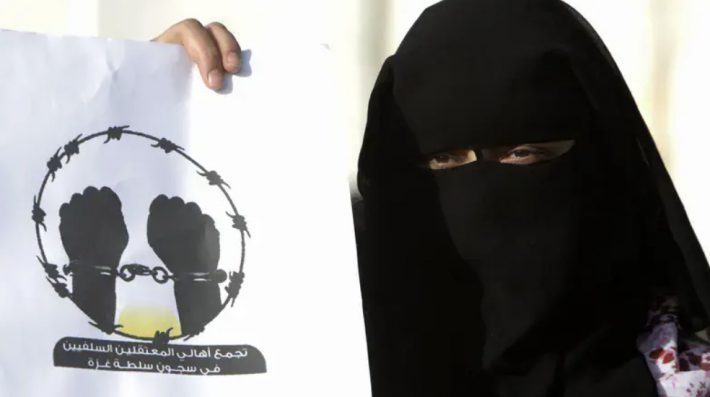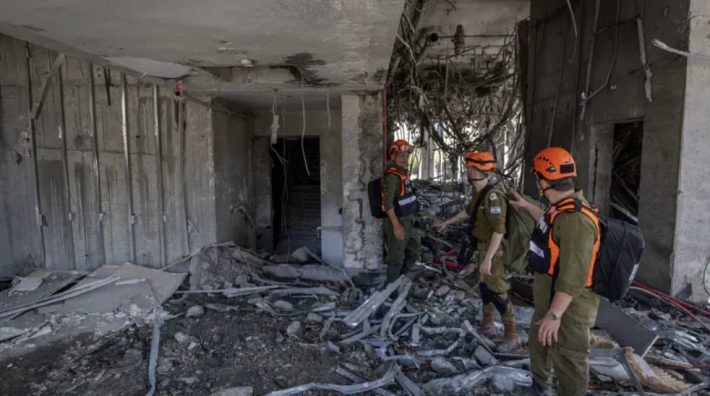When Freedom Is Used to Undermine It: The Dilemma of Democratic Tolerance Opinon.
Imagine a German activist attempting to hold a pro-democracy rally in Kabul, Afghanistan. At best, they might be expelled. At worst, they could face violence or public punishment. Yet, in Berlin—a capital synonymous with liberal democracy—protesters recently marched through the streets calling for the establishment of an Islamic caliphate.
This paradox lies at the heart of a warning once voiced by Monsignor Giuseppe Bernardini, a Catholic bishop in Turkey, who recounted in 1999 that a prominent Muslim figure told Christian leaders:
“Thanks to your democratic laws we will invade you; thanks to our religious laws we will dominate you.”
More than two decades later, his statement feels prophetic to some observers. In Berlin, protesters reportedly demanded a theocratic regime, chanting slogans in favor of Islamic governance, all while protected by police upholding democratic law. The court even overturned an initial ban on the protest—citing freedom of speech.
German-Egyptian commentator Ahmed Mansour highlighted the contradiction:
“Islamists march through the streets of Berlin protected by the democracy they deeply despise… Try holding the same rally in Cairo, Baghdad, or Riyadh.”
This is not an isolated sentiment. A Die Welt report recently revealed that over a million Muslims in Germany may be susceptible to radicalization. What begins as advocacy for religious rights—from veils to mosque construction—can, in some circles, evolve into open rejection of democratic institutions and pluralism.
This progression echoes the concept of the Overton Window, the idea that once unthinkable beliefs can, step by step, become socially acceptable—even normalized.
The Rule of Law Under Pressure
The situation also reveals fractures in the relationship between judicial decisions and national security. Despite pledges by German political leaders, such as Friedrich Merz, to combat extremism, legal institutions appear hesitant to act against speech that, while deeply offensive to liberal democratic norms, is still technically lawful.
The historian and former papal secretary Georg Gänswein, reflecting on Pope Benedict XVI’s 2006 Regensburg speech warning of religious violence, noted that “The West cannot ignore the attempts at Islamization it is undergoing.”
The implications are serious: when liberal democracies allow themselves to be used as platforms for movements that seek to replace those very systems, they risk hollowing out their own foundations.
Tolerance or Decadence?
The caliphate is not just a political idea. In its historical and modern forms—from the Ottoman era to ISIS—it has often come with brutal enforcement: executions, gender apartheid, and religious persecution. Survivors of ISIS’s caliphate, including the Yazidi community, bear horrific testimonies of enslavement and genocide.
Thomas Mann once observed, “Tolerance becomes a crime when applied to evil.” Writer Alexander Kissler sharpened the point:
“A country that tolerates repeated calls for an Islamic caliphate is not tolerant—it is decadent.”
This is not to suggest that democratic societies abandon their principles. But democracies must distinguish between legitimate pluralism and movements that aim to dismantle pluralism itself.
The Path Forward
Europe faces hard choices. Upholding freedom of speech is vital. But so is recognizing when that freedom is manipulated to promote anti-democratic, theocratic, or violent ideologies.
Democratic societies cannot remain passive. They must bolster civic education, enforce laws against incitement and hate, and ensure that integration includes not only legal status—but shared values.
Because tolerance, left unchecked and undefended, can indeed become a weapon against the very freedoms it seeks to protect.





